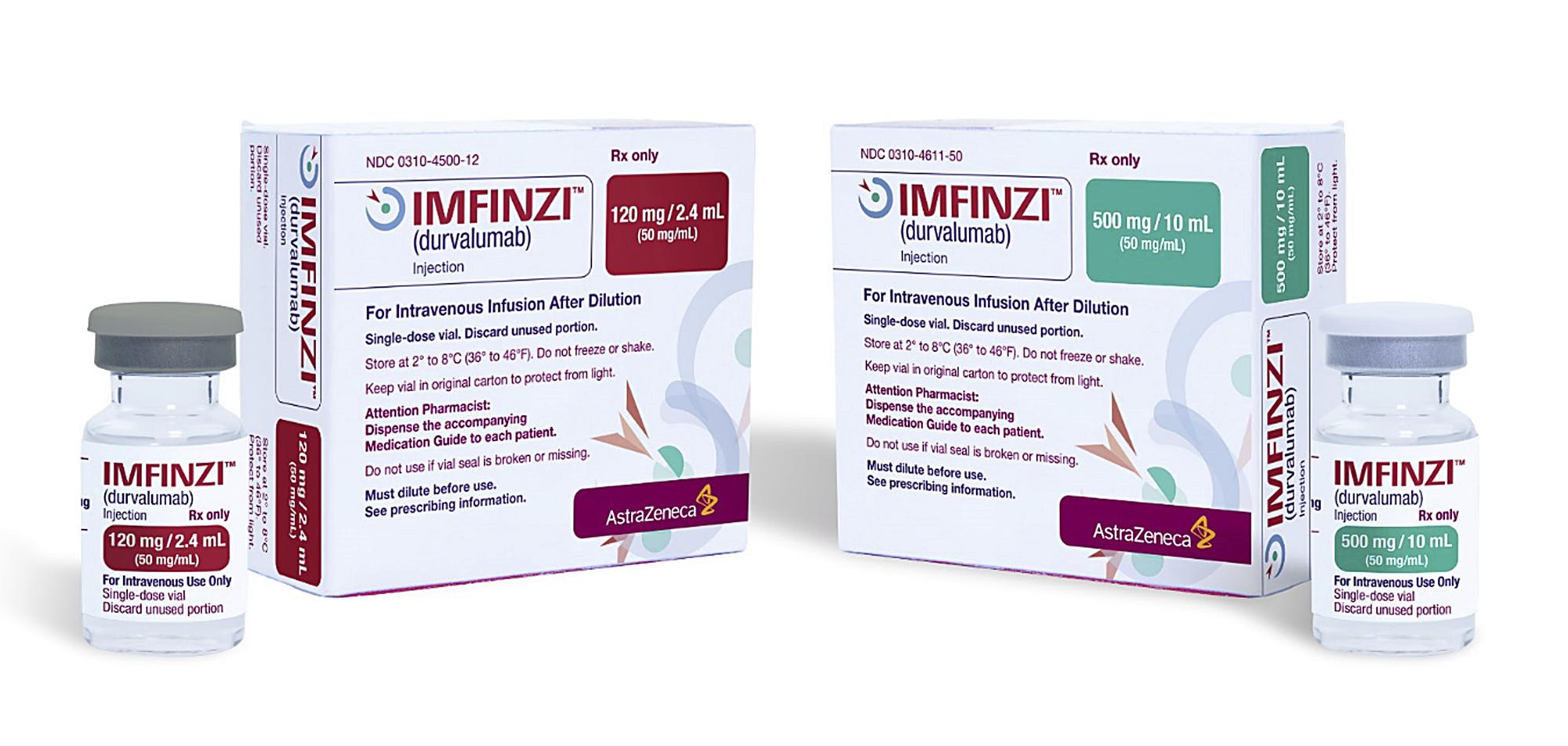AZ eyes Q3 FDA decision for Imfinzi in biliary tract cancer

The FDA has kicked off a priority review of AstraZeneca's checkpoint inhibitor Imfinzi for biliary tract cancer (BTC), setting up what could be approval for an immunotherapy for the group of rare and aggressive gastrointestinal tumours.
The six-month review means that PD-L1 inhibitor Imfinzi (durvalumab) could get a verdict from the US regulator in the third quarter of the year. The drug is also due to be filed in Europe shortly.
If approved, Imfinzi would be a lifeline for people with BTC, particularly after GlaxoSmithKline and Merck KGaA's much-anticipated bintrafusp alfa fluffed its lines in this form of cancer last year before being abandoned.
BTC occurs in the bile ducts and gallbladder, with approximately 23,000 diagnoses in the US each year. Life expectancy is poor, with just 5% to 15% of patients expected to live beyond five years.
The disease can be asymptomatic in the early stages, so patients have often progressed to more severe disease before treatment starts, when treatment options are limited and the prognosis is poor.
Imfinzi has been filed with the FDA for BTC on the strength of the TOPAZ-1 trial, which showed that adding Imfinzi to standard first-line chemotherapy for BTC extended overall survival compared to chemo alone, without adding much to the side-effect burden.
On the face of it, the increase in survival was fairly modest. Two years after starting treatment on the trial, roughly 25% of patients who received Imfinzi/chemo were still alive, compared with 10% of patients of the group on chemo plus placebo.
However, an improvement in survival is a notable achievement as this has not been seen for a new therapy for BTC in many years, and offers the first clear sign that the disease is treatable with immunotherapies.
"We are working closely with the FDA to bring the first immunotherapy-based option to patients with this devastating cancer and potentially set a new standard of care with Imfinzi plus chemotherapy," said Susan Galbraith, executive vice president of oncology R&D at AZ.
If approved by regulators, BTC would add to a lengthening list of indications for AZ's checkpoint inhibitor, which grew 11% to almost $600 million in the first quarter of the year.
Imfinzi is also FDA-approved to treat non-small cell lung cancer (NSCLC) and small cell lung cancer (SCLC), although its bladder cancer approval was withdrawn in the US last year after a confirmatory clinical trial failed to back up earlier-stage results.












